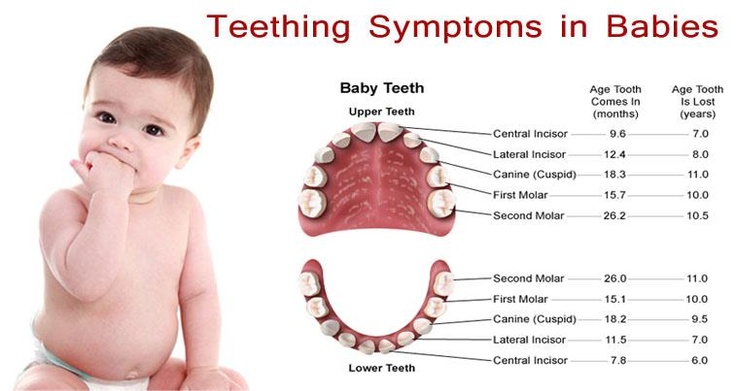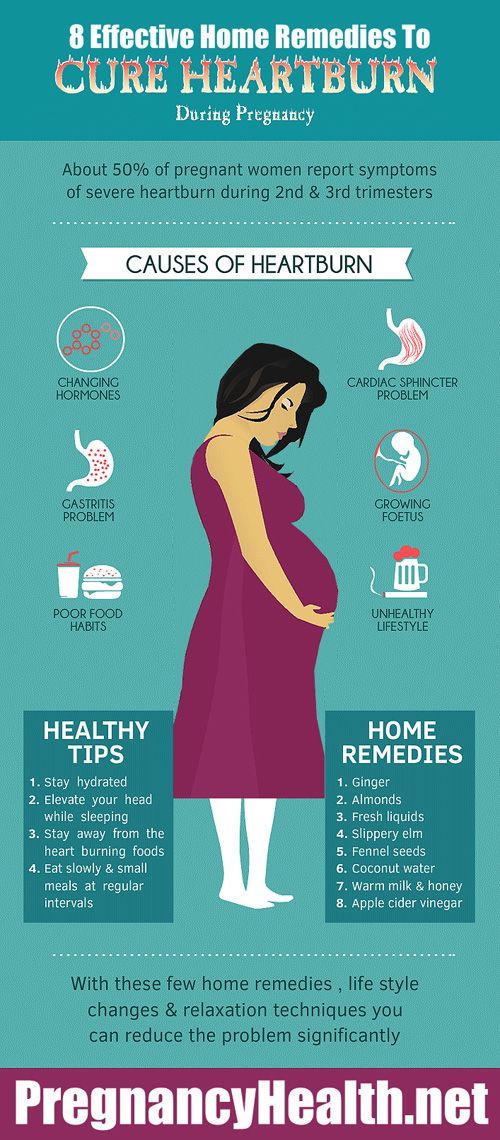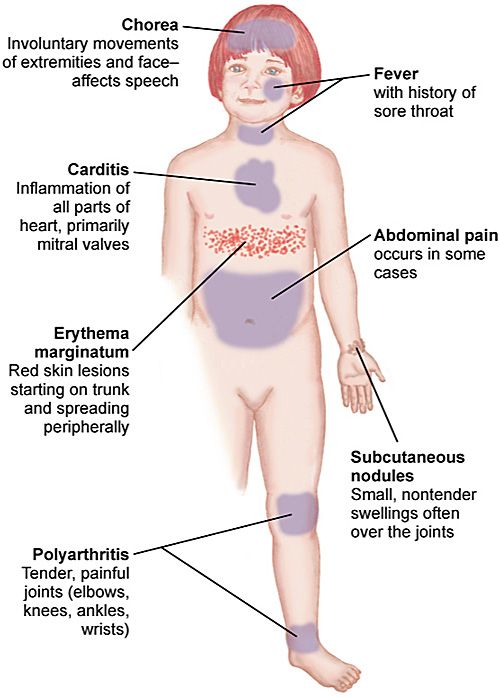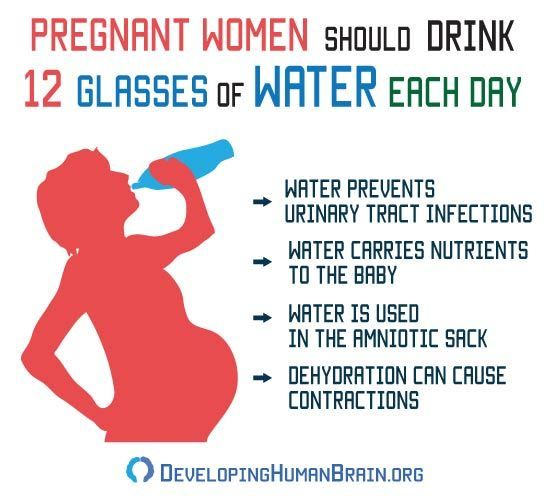Marathon feeding newborn
Cluster Feeding | 7 Tips To Survive Marathon Feeds
Is your newborn cluster feeding and fussy?
Do you wonder why your baby is nursing every hour, and whether you’ll ever sleep at night again?
The following tips have been written to help new parents cope with the exhausting days and fussy evenings when all their baby wants to do is nurse.
What is a cluster feed?
What exactly is cluster feeding?
Cluster feeding (also known as bunch feeding) is when an infant’s feedings cluster close together at certain times of the day or night.
Usually, this means your baby might have some really fussy evenings, and you might end up feeling confused and wondering whether your baby is getting enough milk.
Don’t worry. Many babies cluster feed during the early months.
It’s not a reflection of a low supply and it’s likely your baby gets exactly what he needs from you.
Why do babies cluster feed?
It’s normal for newborn babies to nurse around 8-12 times per day.
Your baby may nurse quite frequently already. Frequent feeding and fussy evenings, though, can feel like one big feeding session when you have a cluster-feeding newborn.
The exact reason for the cluster feeding phase is unknown, but research shows it’s normal infant behavior.
Experts assume cluster feeding is a way for babies to boost their mother’s milk supply during growth spurts.
Your baby’s stomach grows rapidly during the first few months of life. This means your body must produce more milk to meet the increased demand.
Babies also need more nutrition to support new development such as rolling, crawling, or talking.
Cluster feedings could be nature’s way of kick-starting this process.
There’s more information in 3 Reasons Why Your Baby Needs To Feed So Often.
Why does my newborn cluster feed at night?
Evenings and night times with an unsettled newborn can be trying.
When newborns are fussy at night, it could be due to hunger. There could also be a range of other reasons – for example, your milk flow might be too fast or too slow.
There could also be a range of other reasons – for example, your milk flow might be too fast or too slow.
Read 7 Reasons Why Babies Fuss At The Breast to find out more.
Some experts believe babies nurses frequently at night because they’re filling up on fattier milk before a big sleep.
Interestingly, the less full a breast is – such as during the evening – the fattier the milk tends to be.
It’s unlikely your child will sleep through the night during these first few months. But you might notice longer stretches of sleep following an evening of fussiness and constant feeds.
How long does cluster feeding last?
Cluster feeding sessions can last for several hours at a time and are most common in the late afternoon and in the evening. This might vary between babies.
Although babies often leave a couple of hours between feeds most of the day, there is usually constant or close-together nursing over a few hours (often from 6 to 10 pm).
At what age do babies cluster feed?
Cluster feeding is very common in newborns and babies under 9 months old.
Many babies start cluster feeding as soon as the first few days after birth and this can last for most of their first year.
Some mothers, however, notice cluster feeding returns with older babies who are approaching a growth spurt or developmental leap.
You can read more about this in Wonder Weeks – How They Help You Understand Your Baby.
Cluster feeding and low milk supply
Cluster feeding is not a reflection of a low breast milk supply.
Cluster feeding is not a reflection of a low breast milk supply.
I said it twice, in case you didn’t believe me the first time.
It’s easy for parents to fall into the trap of thinking their son or daughter isn’t getting enough when nursing.
This often happens if you have a well-meaning family that pressures you to give the baby a bottle, or a partner who wonders why the baby is always hungry.
It’s natural to start doubting yourself. The good news is, this is simply nature’s way of increasing your milk supply.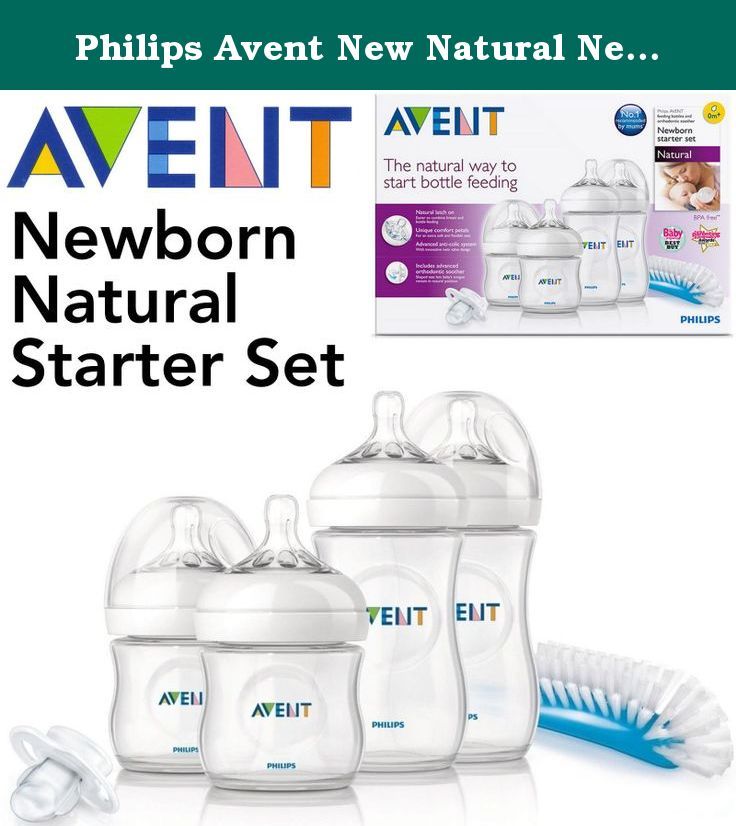
Unless you or your health care provider is worried about your baby’s weight gain and development, or you notice fewer wet and dirty nappies, your baby is likely getting enough milk.
What about supplementing with formula?
Some mothers who worry cluster feeding is due to low milk supply feel they should supplement with formula.
The problem is, if you supplement during cluster feeding periods, your breasts and body won’t receive the feeding cues your baby needs more milk.
As a result of reduced demand, your milk supply decreases. Soon, you find you’re not producing enough milk to support your growing child.
So begins a vicious cycle: you continue supplementing and your supply decreases even more. You can feel as though you’re ‘failing at breastfeeding’ when you really aren’t.
If your baby is producing a good amount of wet and dirty nappies, it’s unlikely you have a breast milk supply problem.
It’s a good idea to make yourself familiar with the reliable signs your baby is getting enough milk.
If you’re concerned about cluster feeding or milk supply, see a lactation consultant or call a breastfeeding helpline before deciding to supplement with artificial milk.
7 tips to cope with cluster feeding
Here are our 7 cluster feeding ideas to help make cluster feeding times a little easier to cope with.
#1: Acceptance
Babies usually develop a cluster feeding routine.
You might find that you’re feeding the baby between 6 and 10 pm every evening.
Once you know this, you can accept it and plan your evening around it. It stops you from feeling frustrated when things are going to ‘plan’.
Many parents can end up feeling babies aren’t ‘cooperating’ when they won’t settle. Once you accept this is part of the daily routine, you can relax.
#2: Stay hydrated
Producing breast milk is a thirsty business. You could find yourself particularly parched during the evening cluster feeding.
Make sure you have a big glass of water (even better with a slice of lemon) next to you when you sit down to start fussy evenings breastfeeding.
Or perhaps you might like a nice warm cup of lactation tea.
You can buy teas made especially for breastfeeding mothers, to help support your supply. Herbal teas also help keep you hydrated.
Another great option is electrolytes – not those sugar-loaded, lolly-water sports drinks, but quality electrolytes from a health food store.
#3: Get comfy
If you know you’re going to be stuck somewhere for big feeding sessions, make sure you’re comfortable.
Whether you’re snuggled up in bed or propped up on the sofa, make sure you have something to read, your phone, TV remotes, and DVD box sets nearby to keep you entertained.
You might even like to try a white noise machine or soft music in the background, to help create a soothing space.
Learn some different nursing positions so you don’t get tired or achy from being in the same position for a long period of time.
#4: Eat first
If you know your baby likes to kick off cluster feeding at 6 pm, make sure you’ve eaten before then.
There’s nothing worse than listening to your tummy growl while your baby slowly enjoys a three-course meal.
A great suggestion is to have a stash of BellyBelly’s delicious lactation cookies well within reach.
#5: Get a breastfeeding partner
You’ve heard of a birth partner; now you need a breastfeeding partner, too.
Dads can be a huge support and help you persevere through these cluster feeds.
They can also be willing volunteers – to get you snacks, drinks and provide entertaining conversations to keep you amused during cluster feeds.
Family members can be great to call on for support, if possible. They can hold your little one if you need to go to the toilet or if you’re feeling touched out and your breasts need a quick break.
Are You Getting BellyBelly’s Baby Week By Week Emails?
We think they’re the best on the internet!
Click to get the FREE weekly updates our fans are RAVING about.
#6: Look for hunger cues
If you tend to have a fussy, hungry, and irritable baby in the evenings, act preemptively before it gets out of hand.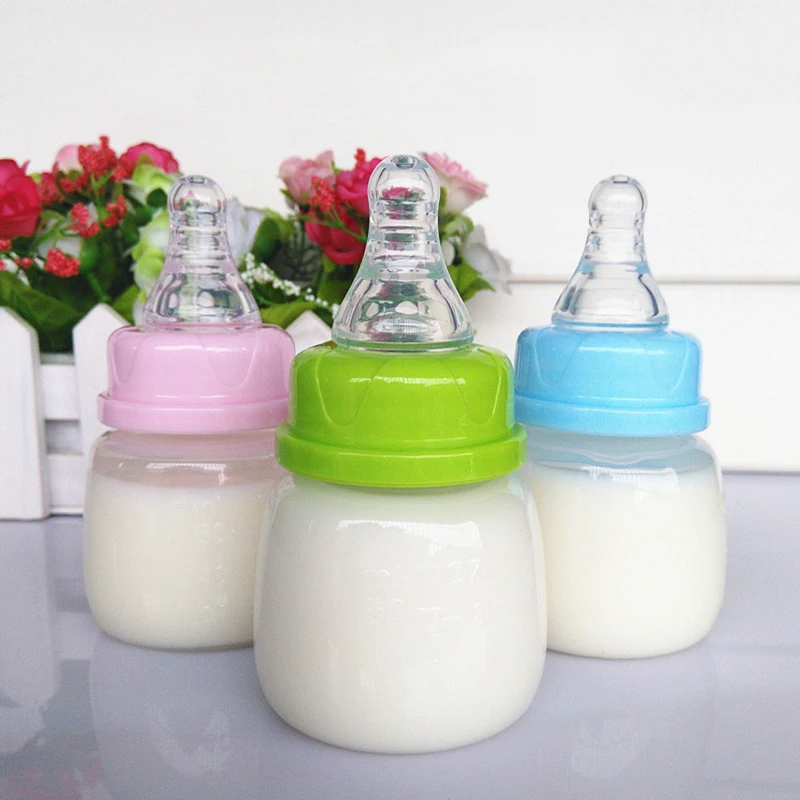
Instead of waiting for the crying to start (which is a late signal of hunger), look out for hunger cues and offer the breast immediately. This reduces the chance your baby will become fussy and irritable.
Knowing your baby really well helps you feel confident in yourself as a new parent, and can also help you bond with your baby.
#7: Take baby out in a baby carrier
When you use a baby carrier, sling, or wrap, your baby can enjoy nursing sessions on the go.
Feeding your baby in a sling means you’ll have your hands free to get on with other things.
Babywearing also helps keep fussy babies content, because they feel safe and happy being close to you. Skin-to-skin contact can help soothe their nervous system, which is still developing.
This KeaBabies Wrap Carrier (pictured) is a best seller on Amazon. The wrap is made from a premium quality breathable cotton-spandex blend, to keep you and your baby safe and comfortable.
We hope you found our cluster feeding tips really helpful.
If you’re struggling, or you’re worried about your baby, find an IBCLC (International Board Certified Lactation Consultant) or the Australian Breastfeeding Association (La Leche League in the US).
Recommended Reading:
- 3 Reasons Why Your Baby Needs To Feed So Often
- Low Milk Supply? Increase Breastmilk Supply With These Great Tips
- Is My Baby Hungry? Do I Have Enough Milk?
- Not Enough Milk? Concerned About Your Milk Supply?
*This article contains affiliate links to quality products we recommend. Rest assured, it won’t cost you extra. It just means we may be paid a commission if you decide to buy something. BellyBelly would never link to products we wouldn’t use ourselves. We appreciate your support.
Are You Getting BellyBelly’s Baby Week By Week Updates?
We think they’re the best on the internet!
Click to get the FREE weekly updates our fans are RAVING about.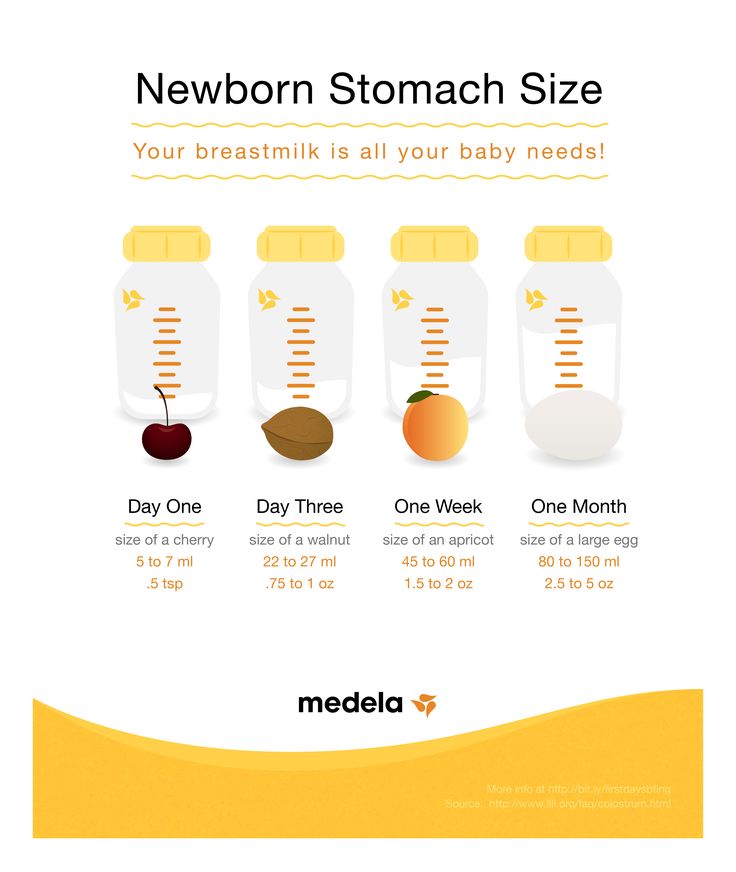
Cluster feeding | Pregnancy Birth and Baby
Cluster feeding | Pregnancy Birth and Baby beginning of content4-minute read
Listen
Key facts
- Cluster feeding is when your baby wants lots of short feeds over a few hours.
- Cluster feeding is very common, especially in the late afternoon or early evening.
- No one really knows why some babies cluster feed, but it may be a way for your body to boost your milk supply.
- If your baby cluster feeds, this does not mean that you don't have enough milk.
- Cluster feeding can be exhausting; it's a good idea to think of strategies to help you cope when your baby feeds frequently.
What is cluster feeding?
Cluster feeding is a time when your baby wants lots of short feeds over a few hours.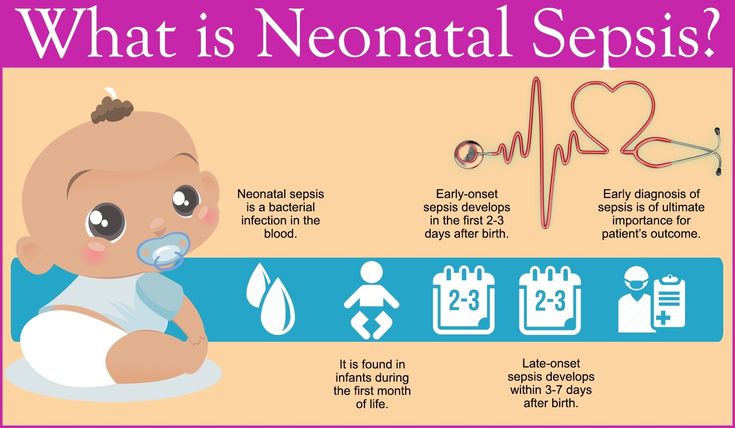 It's normal and often happens in the early days of breastfeeding.
It's normal and often happens in the early days of breastfeeding.
Cluster feeding is a normal behaviour for your baby. It's more common in the late afternoon or early evening, but it can happen anytime of the day.
It seems that some babies prefer to fill up on milk for a few hours then often have a longer sleep.
Why do some babies cluster feed?
There is no particular reason why some babies cluster feed. Some people believe it might boost your milk supply. If your baby wants more milk, then feeding more often will trigger your body to make it.
Is my baby cluster feeding?
If your baby is having a lot of short feeds close together over a few hours, you are cluster feeding.
If you are cluster feeding, you might also find that your baby:
- has short rests or sleeps between these feeds
- feeds for a few minutes then pulls off and on the breast
- cries and is fussy during this time
Common worries about cluster feeding
Cluster feeding can make you physically and emotionally drained. Many parents feel exhausted and frustrated. Some mothers say they feel like a failure, or that they lose confidence about being able to breastfeed.
Many parents feel exhausted and frustrated. Some mothers say they feel like a failure, or that they lose confidence about being able to breastfeed.
You might worry that you don't have enough milk because your baby takes a long time to settle. You might also think your breasts feel empty.
But there is always milk in your breasts. They are never completely empty.
What can I do to make cluster feeding easier?
The first thing to remember is that this is normal. Cluster feeding doesn't mean that you don't have enough milk.
To make cluster feeding easier you can:
- relax and follow your baby's lead
- feed to their need
- look forward to a sleepy, settled baby after feeding
- try to rest in the early part of the day to prepare
- drink lots of water
- make sure you eat well — don't miss meals
- get as much family and partner support as you can
Things to look out for
Cluster feeding is a normal part of a baby's feeding routine. Talk to your nurse, midwife or doctor if your baby:
Talk to your nurse, midwife or doctor if your baby:
- is not gaining weight
- is not producing wet and dirty nappies
- is not settling after they have finished feeding
Where can I go for help and advice about breastfeeding?
For advice and support contact:
- a lactation consultant
- your family health nurse
- Pregnancy Birth Baby on 1800 882 436
- the Australian Breastfeeding Association Helpline on 1800 686 268
Speak to a maternal child health nurse. Call Pregnancy, Birth and Baby to speak to a maternal child health nurse on 1800 882 436 or video call. This is a free service, and is available 7am to midnight (AET), 7 days a week.
Sources:
Australian Breastfeeding Association (Cluster feeding and fussy babies), Royal Australian College of General Practitioners (RACGP) (Infant and toddler nutrition), Royal Children’s Hospital (RCH) (Breastfeeding)Learn more here about the development and quality assurance of healthdirect content.
Last reviewed: May 2022
Back To Top
Related pages
- Breastfeeding your baby
Need more information?
Cluster feeding | Australian Breastfeeding Association
Baby feeds all evening? Witching hour, empty breasts, unsettled baby. It's usually all normal.
Read more on Australian Breastfeeding Association website
Is it really low supply? | Australian Breastfeeding Association
Fussy or crying baby? Soft breasts? Baby cluster feeding? Can't pump milk? It can be hard to know what’s going on.
Read more on Australian Breastfeeding Association website
Breastfeeding your baby
Breastfeeding is the most natural way to feed your baby, providing all the nutrition your baby needs during the first six months of life and a loving bond with your baby.
Read more on Pregnancy, Birth & Baby website
Breastfeeding Tips and Videos | Tresillian
Find videos and top breastfeeding tips to answer your questions, including how long to breastfeed, milk supply tips, and weaning your baby.
Read more on Tresillian website
Why do some mums stop breastfeeding before 6 months?
Most new parents know 'breast is best', but while more than 9 out of 10 babies are breastfed at birth, few mums are breastfeeding exclusively 5 months later.
Read more on Pregnancy, Birth & Baby website
How to increase breast milk supply
Find out what causes low breast milk supply, what is normal and how to boost breast milk production.
Read more on Pregnancy, Birth & Baby website
A day in the life of a newborn
Most babies will start to settle into a daily pattern of sleeping, feeding and playing, whether you follow what your newborn does or establish a simple routine.
Read more on Pregnancy, Birth & Baby website
Disclaimer
Pregnancy, Birth and Baby is not responsible for the content and advertising on the external website you are now entering.
OKNeed further advice or guidance from our maternal child health nurses?
1800 882 436
Video call
- Contact us
- About us
- A-Z topics
- Symptom Checker
- Service Finder
- Linking to us
- Information partners
- Terms of use
- Privacy
Pregnancy, Birth and Baby is funded by the Australian Government and operated by Healthdirect Australia.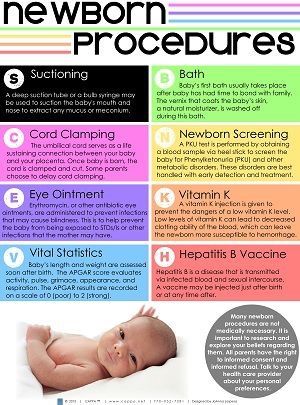
Pregnancy, Birth and Baby is provided on behalf of the Department of Health
Pregnancy, Birth and Baby’s information and advice are developed and managed within a rigorous clinical governance framework. This website is certified by the Health On The Net (HON) foundation, the standard for trustworthy health information.
This site is protected by reCAPTCHA and the Google Privacy Policy and Terms of Service apply.
This information is for your general information and use only and is not intended to be used as medical advice and should not be used to diagnose, treat, cure or prevent any medical condition, nor should it be used for therapeutic purposes.
The information is not a substitute for independent professional advice and should not be used as an alternative to professional health care. If you have a particular medical problem, please consult a healthcare professional.
Except as permitted under the Copyright Act 1968, this publication or any part of it may not be reproduced, altered, adapted, stored and/or distributed in any form or by any means without the prior written permission of Healthdirect Australia.
Support this browser is being discontinued for Pregnancy, Birth and Baby
Support for this browser is being discontinued for this site
- Internet Explorer 11 and lower
We currently support Microsoft Edge, Chrome, Firefox and Safari. For more information, please visit the links below:
- Chrome by Google
- Firefox by Mozilla
- Microsoft Edge
- Safari by Apple
You are welcome to continue browsing this site with this browser. Some features, tools or interaction may not work correctly.
Lactation and care of newborn puppies - Uralbiovet-consulting
In the first days, while the bitch is fully caring for the babies, very little is required on your part. If the bitch has a normal maternal instinct, she will do everything herself. Newborn puppies are unable to defecate on their own. The mother encourages them to do so by licking and lightly massaging the anogenital area with her tongue. If the young bitch does not do this, the puppies become very anxious and squealing, you will have to help. Take a clean soft cloth or gauze and massage the anal area and perineum of the baby with light circular movements. In response to your actions, the puppy will excrete urine and feces. Bring the puppy to the dog. Usually, having smelled puppy secretions, the bitch begins to actively lick the puppy. nine0003
If the young bitch does not do this, the puppies become very anxious and squealing, you will have to help. Take a clean soft cloth or gauze and massage the anal area and perineum of the baby with light circular movements. In response to your actions, the puppy will excrete urine and feces. Bring the puppy to the dog. Usually, having smelled puppy secretions, the bitch begins to actively lick the puppy. nine0003
The most important thing is to provide the dog with good nutrition, regular walks, which in the early days can be very short. Gradually, the bitch teaches the puppies to stay alone, leaving them at first for a short time, gradually increasing it. No need to force the bitch to be with the puppies all the time. Dogs independently regulate the mode of feeding and caring for puppies.
Lactation is a crucial period in a dog's life. The mammary glands begin to function actively after the birth of puppies. Colostrum is released first. It contains a greater amount of vitamins, minerals, hormones and biologically active substances compared to milk, providing immune protection for puppies. Colostrum is digested more easily and more completely by the puppy's digestive system. After a few days, the mammary glands begin to produce milk. A gradual change in the composition of milk makes it easier for babies to switch to extrauterine nutrition. Bitch's milk contains more easily digestible proteins than cow's milk. It is more than twice as fat as cow's. The quality composition and quantity of milk produced is influenced by the individual characteristics of the bitch, the quality of her feeding. The secretion of milk is carried out from the components that are present in the blood. For the synthesis of 100 grams of milk, hundreds of times more blood (40-50 liters) must pass through the mammary gland. In milk, there is a multiple concentration of the minimum impurities contained in the dog's blood. Therefore, it is very important that the dog receives benign food, which would not contain toxic substances. In no case do not use any medicinal, antiparasitic and cosmetic products when caring for a lactating bitch without consulting a specialist.
Colostrum is digested more easily and more completely by the puppy's digestive system. After a few days, the mammary glands begin to produce milk. A gradual change in the composition of milk makes it easier for babies to switch to extrauterine nutrition. Bitch's milk contains more easily digestible proteins than cow's milk. It is more than twice as fat as cow's. The quality composition and quantity of milk produced is influenced by the individual characteristics of the bitch, the quality of her feeding. The secretion of milk is carried out from the components that are present in the blood. For the synthesis of 100 grams of milk, hundreds of times more blood (40-50 liters) must pass through the mammary gland. In milk, there is a multiple concentration of the minimum impurities contained in the dog's blood. Therefore, it is very important that the dog receives benign food, which would not contain toxic substances. In no case do not use any medicinal, antiparasitic and cosmetic products when caring for a lactating bitch without consulting a specialist.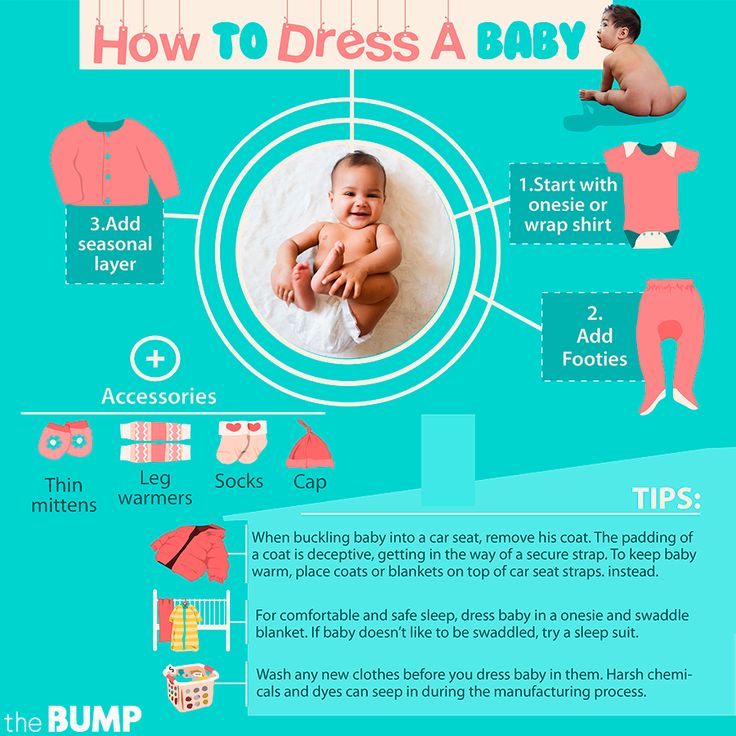 nine0003
nine0003
A bitch usually has 8 to 12 nipples. They are located in two rows. They are not always paired, more often such deviations occur in the location of the anterior mammary glands. The common belief that the number of nipples given matches the number of puppies born is a coincidence and is generally wrong. The most milky are the two pairs of rear nipples. Spitz rarely have large litters, so as a rule, two or three back pairs of nipples become the most developed. The anterior mammary glands produce very little milk and are of little attraction to puppies. In a young bitch, the front teats may not be quite right, in which case the puppies do not like to suckle from them. To develop these nipples, massage them lightly and apply your strongest active puppy to them when he is hungry. nine0003
You can tell if your dog is getting enough milk by looking at the puppies. Healthy, well-fed puppies lie huddled together after feeding. They have a shiny coat, elastic tummies, no diarrhea, they quickly put on weight.
If the puppies are thin, squeak for a long time, observe how long they suckle the mother, if she experiences pain during feeding. Check if the milk is normally separated from the nipples, if there are any hardening of the mammary glands, pay attention to the color and consistency of the secreted milk. If you notice that the milk has a watery or slimy character, the color has changed and has become brownish or greenish, contact your doctor immediately. Mastitis is a very unpleasant disease. Keep the dog's mammary glands clean, after a walk, wipe them with a slightly pink solution of potassium permanganate. To prevent mastitis, clean the anal glands of a pregnant bitch in a timely manner, especially if they function in violation. The source of infection, which is located in the periodically inflamed anal glands, can cause inflammation of the mammary glands. nine0003
If there are no signs of mastitis, and the dog's milk is extremely low, try to feed it with liquid food, introduce tea with milk into the diet.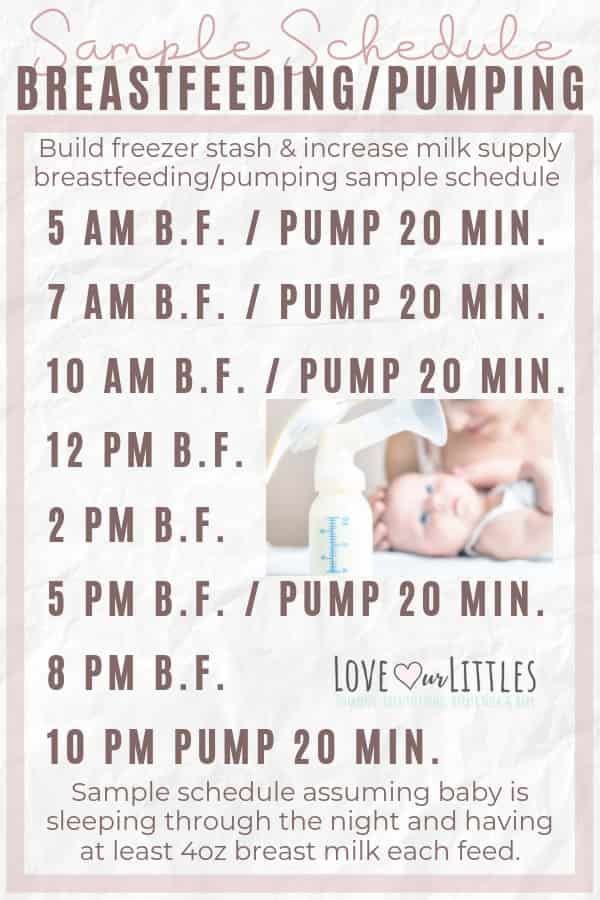 If these measures do not help, consult your veterinarian.
If these measures do not help, consult your veterinarian.
Normal lactation lasts 6-8 weeks. Do not artificially interrupt it, or try to stop it earlier. Usually, such a desire is justified by the fact that the mammary glands can sag in the bitch or the puppies injure the nipples. In a healthy dog in good physical condition, this does not happen. After some time, after the normal cessation of lactation, the glands will return to normal and tighten up. And to avoid the damage that older puppies can cause, the dog reduces the time spent with them, coming only for a short period of feeding or play, and changes position during feeding. Do not interfere with the dog and do not try to correct his behavior. Give her the opportunity to leave the puppies when she sees fit. Gradual "weaning", which is practiced by the dog himself, does not cause stress in puppies, in contrast to when the owner himself tries to do it. The mental and physical health of puppies is highly dependent on this procedure.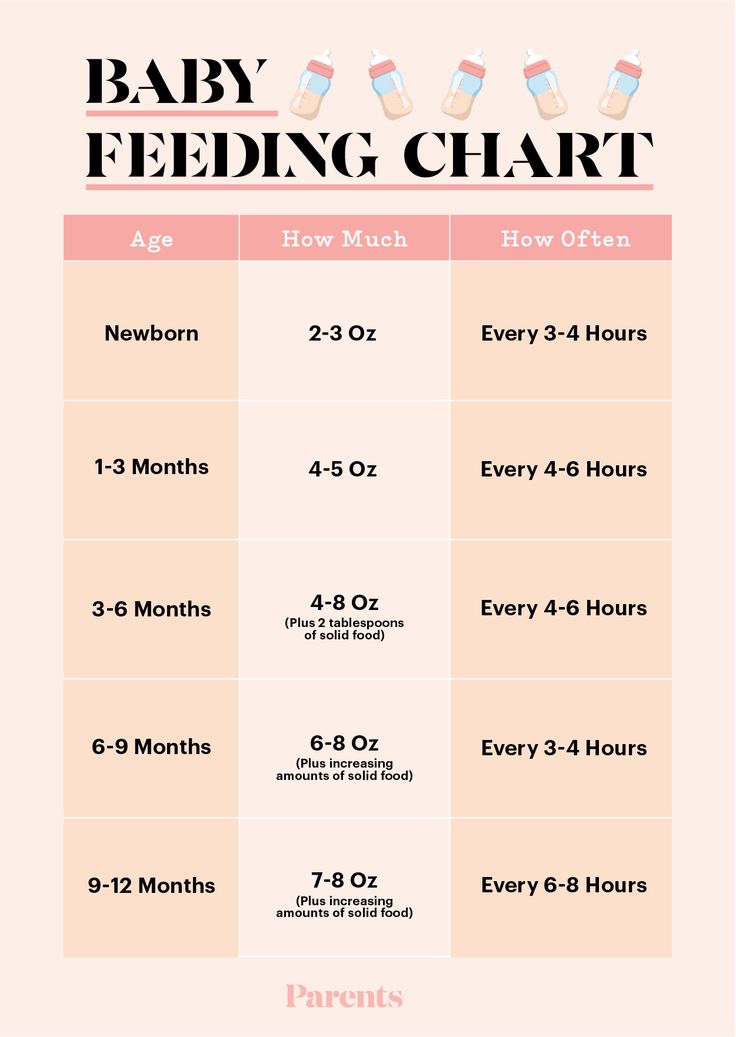 It is important that puppies are separated from the nursing bitch only after they stop suckling. nine0003
It is important that puppies are separated from the nursing bitch only after they stop suckling. nine0003
If the feeding process is going well, do not disturb the dog once again. The bitch can be very nervous if she is not given rest, if the puppies are constantly harassed. Try to evaluate the benefits and harms of your intervention during normal physiological processes.
A dog's behavior can change significantly after giving birth and while nursing puppies. Try to understand your dog. Please note that your pet may not be so careful to keep the apartment clean, refuse to follow this or that command, and may sometimes show aggression towards strangers or some family members, pets. She may become more excitable or, conversely, somewhat inhibited. Change the demands you used to make on her. This is especially important for primiparous dogs. Do not show displeasure if, in your opinion, the dog does something wrong: licks the puppy too roughly, gets up and leaves when the puppies are still hanging on the nipples.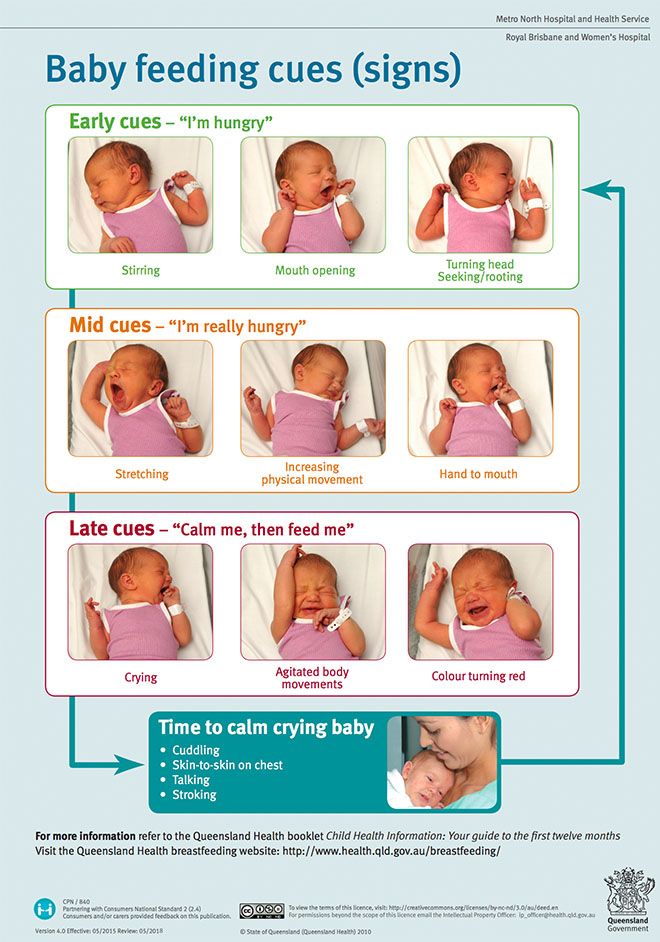 nine0021 Source: http://www.zoodrug.ru/topic2180.html
nine0021 Source: http://www.zoodrug.ru/topic2180.html
My mother breastfeeds me! World Breastfeeding Week -
My mother breastfeeds me!
This is exactly what a baby in the first months of life, receiving mother's milk, could proudly say if he could speak. But, unfortunately, not every baby can boast of such a luxury as mother's milk. Why is this happening? Why does a child, to whom only mother's milk is intended by nature as food, begin to receive from the mother's hands an artificial mixture that does not contain either protective antibodies or growth factors, which does not provide that unique psycho-emotional connection between mother and child, which cannot be replaced by anything? Let's try to understand the current situation. nine0003
Perhaps one of the reasons for this is that the ideas of modern young parents, grandparents about breastfeeding are greatly distorted by various prejudices. In recent years, a lot of new data has appeared on the benefits of breastfeeding (although, as you know, everything new is well forgotten old), recommendations in this area have changed radically.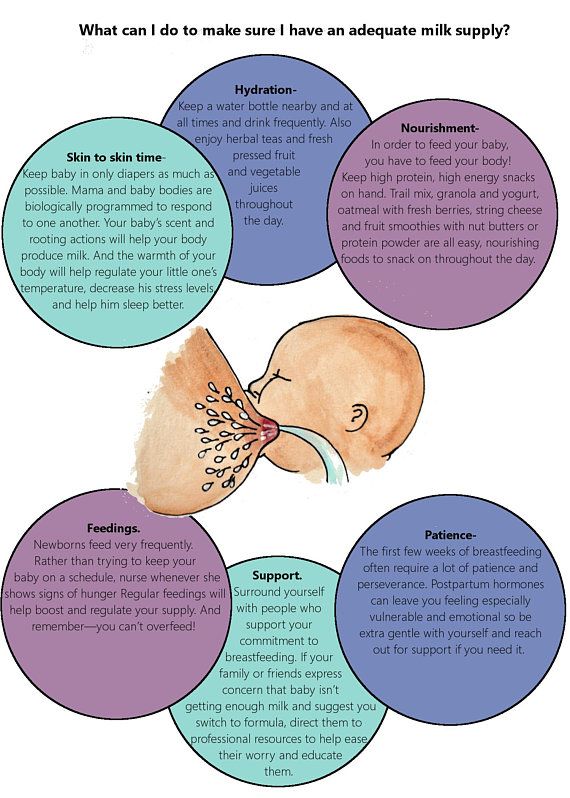 The experience of the older generation is of little use today, since in the second half of the last century the prevalence of artificial feeding was even greater, there were a lot of recommendations, the observance of which nullified all the efforts of mothers to breastfeed (observance of a three-hour interval between feedings, a night break, supplementing with water, mandatory pumping etc.). nine0003
The experience of the older generation is of little use today, since in the second half of the last century the prevalence of artificial feeding was even greater, there were a lot of recommendations, the observance of which nullified all the efforts of mothers to breastfeed (observance of a three-hour interval between feedings, a night break, supplementing with water, mandatory pumping etc.). nine0003
First of all, breastfeeding should not be viewed solely as a process designed to meet the nutritional needs of the child. This is a way to communicate with mom, an opportunity to calm down at the mother's chest, to hear the familiar beat of the mother's heart (which the child hears during 9 months of pregnancy). After all, for a newborn child, a mother is the closest person (I don’t want to belittle the role of other family members in any way), who can best understand the problems of a small defenseless person, and it’s natural that as soon as there is some kind of discomfort, fear, fear , the desire to communicate, the child seeks protection and support from his mother. And he finds this support at his mother's chest, in his mother's gentle hands. And what protection will a child deprived of mother's milk receive? What kind of emotional connection can the process of feeding artificial formula from a plastic bottle with a latex or silicone nipple provide? nine0003
And he finds this support at his mother's chest, in his mother's gentle hands. And what protection will a child deprived of mother's milk receive? What kind of emotional connection can the process of feeding artificial formula from a plastic bottle with a latex or silicone nipple provide? nine0003
Below is a list of myths or misconceptions about breastfeeding.
Breastfeeding is incredibly difficult;
breastfeeding spoils the shape of the breast;
Breastfeeding spoils the figure;
The breast must be prepared for feeding; nine0003
With a flat, and even more so inverted nipple, breastfeeding is impossible;
You can not keep a newborn baby at the breast for more than 5 minutes, otherwise there will be cracks;
until there is no milk, it is necessary to drink more water;
· while there is no milk, it is necessary to supplement the child with a mixture, otherwise he loses weight, starves;
I feed the baby on demand, he needs me after 3.

